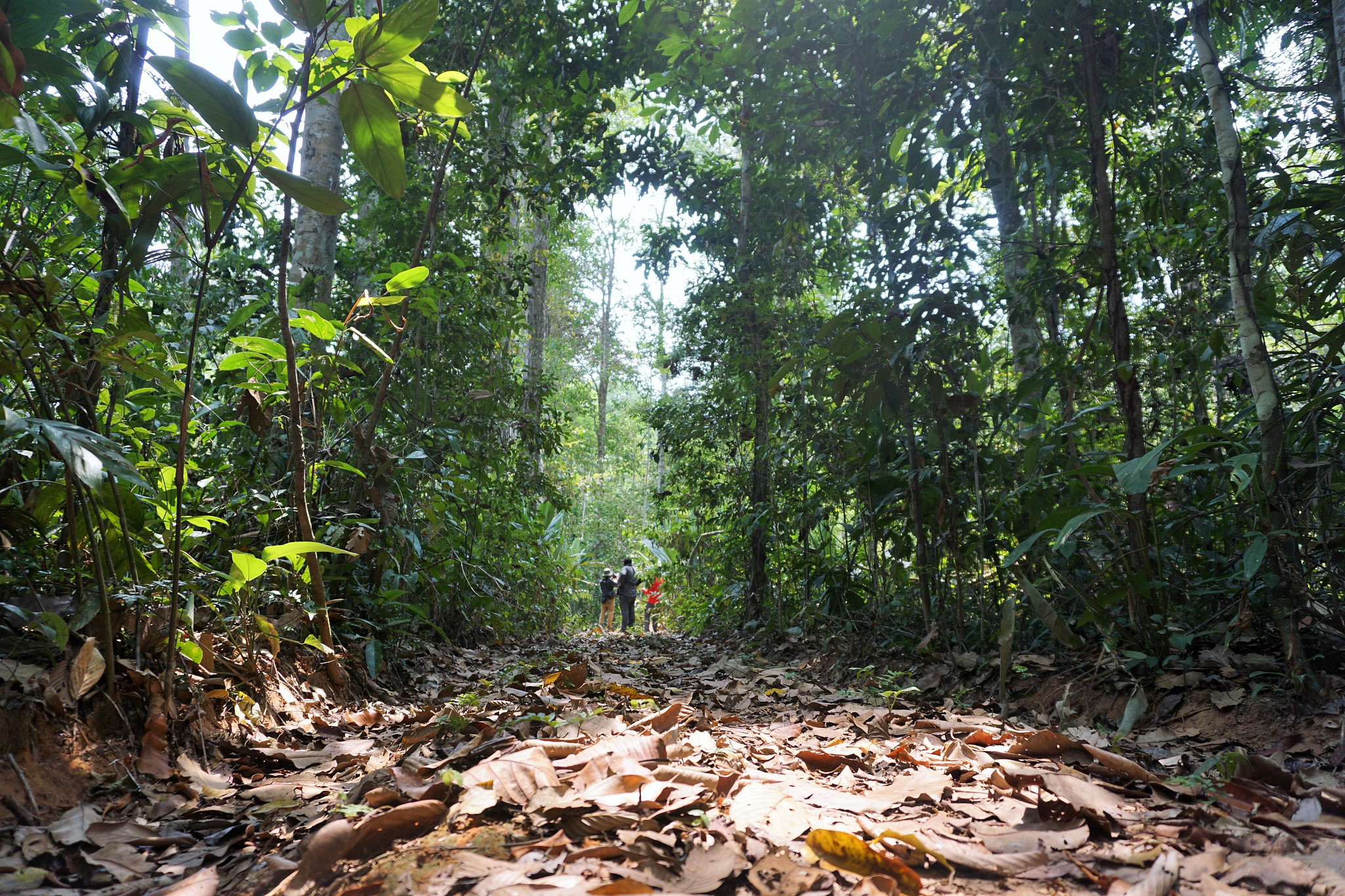Description
Recent tenure reforms in Africa, Asia and Latin America provide greater legal recognition of customary and local authorities, indigenous territorial rights, and women's rights. However, implementation of these reforms has been uneven and has led to mixed results, including increasing tenure insecurity.
This global comparative study on tenure explores the relationships between statutory and customary land tenure and how these relationships affect the tenure security of forest dependent communities, including women and other marginalized groups. Through the use of a global comparative approach and standardized methodologies, this research programme analyses differential success or failure of policy and institutional innovations intended to enhance secure tenure rights for forest and trees, and identify strategies that are likely to lead to desired outcomes. The focus countries are Indonesia, Uganda and Peru, and to a lesser extent Nepal and Kenya.






































